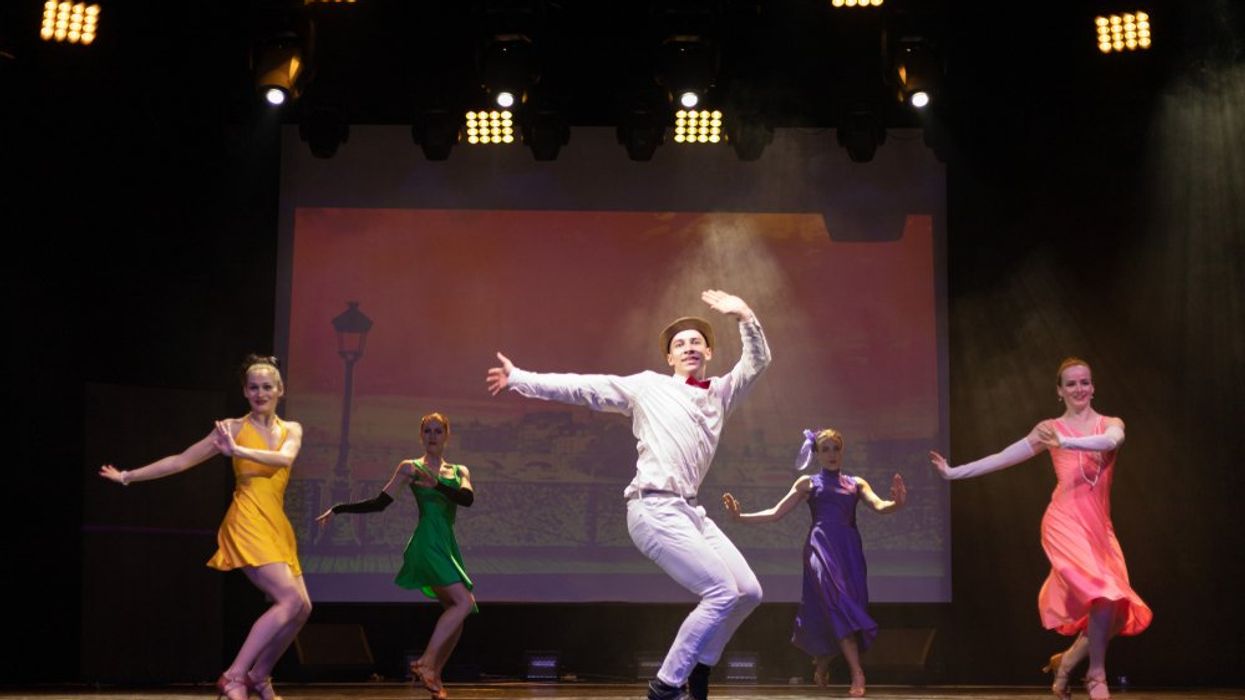Amidst record-setting pushes for censorship of school books and materials, many high school theatre programs have seen their productions shut down due to parent complaints.
Shows that feature subjects like racism or LGBTQ+ characters are largely the targets, with some being cancelled mid-production.
Experts say that it isn't a new phenomenon. Howard Sherman, managing director of the performing arts center at New York’s Baruch College, has been tracking and assisting high schools whose theatre departments have been challenged since 2011. While there have always been challenges, Sherman noted that there's been a larger push recently.
“Something that was being dealt with community by community has now, for some people, become a cause, ” he told The Washington Post. “You see politicians and officials enacting rules and laws which are incredibly onerous and designed to enforce a very narrow view of what students can see, read, learn, or act on stage.”
Some states, such as Florida, have outlawed the teachings of LGBTQ+ identities in schools, with theatre departments falling under the legislation. In states like Tennessee, restrictions on drag performances also have an impact on student performers.
“That’s a hallmark of theater because the majority of theater programs have more female-identifying than male-identifying students, yet plays are written with majority male-identifying casts,” added Jennifer Katona, executive director of the Educational Theatre Association. “It’s a tough time for school theater.”
Shows that have been banned include James and the Giant Peach, The Addams Family, Marian or the True Tale of Robin Hood, The 25th Annual Putnam County Spelling Bee, Rent, Sweeney Todd: The Demon Barber of Fleet Street, Be More Chill, and The Prom.
Meadowe Freeman an 18-year-old in Indiana who auditioned for a since-cancelled rendition of Marian or the True Tale of Robin Hood, told The Post that her principal made the decision because he feared protests from parents and conservative groups would endanger students.
“I think the [LGBTQ] representation has been lost,” Freeman said. “And that’s sad because we were seeing more of these stories that weren’t told for so long, and now ... they’re getting censored.”


















































